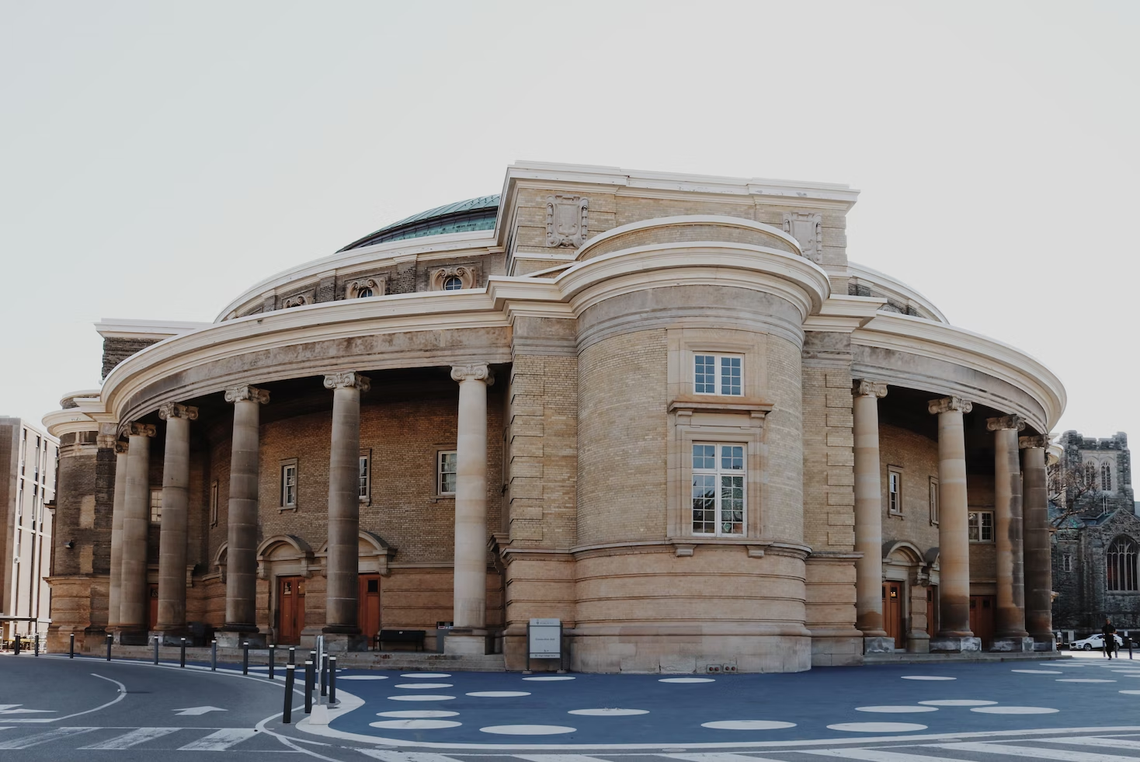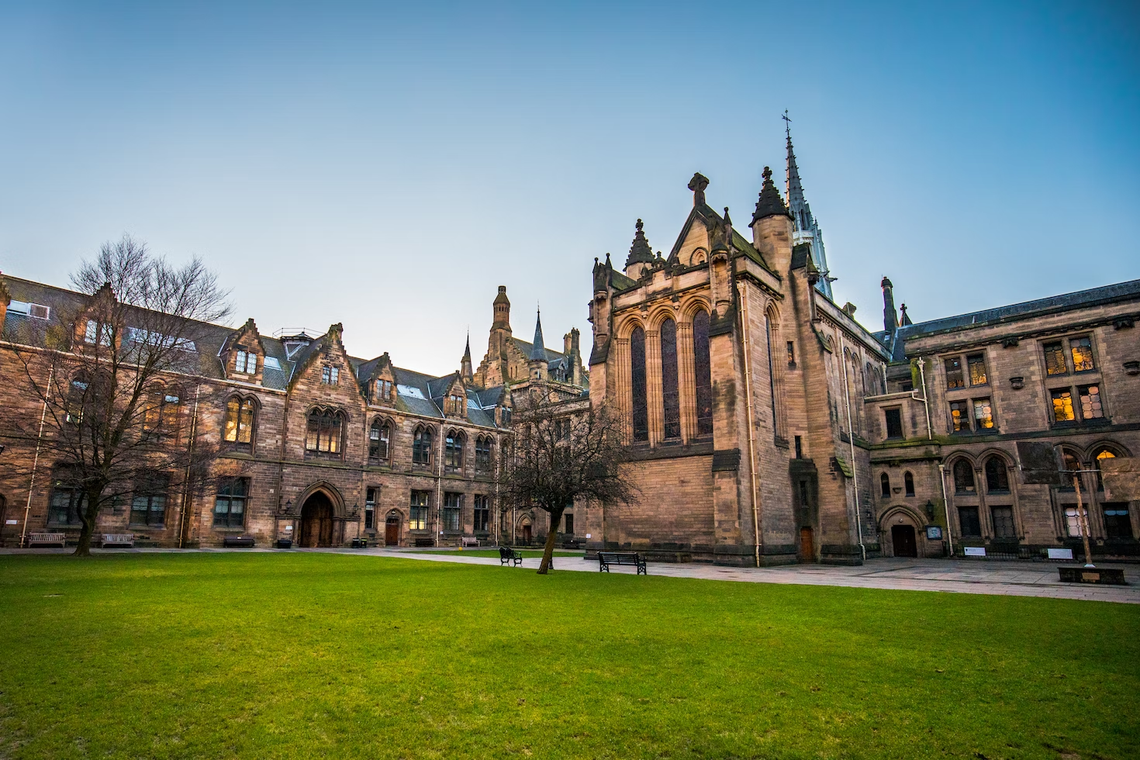Apply to a foreign university with confidence
- Properly fulfilled documents
- Perfect motivation letter
- Support from a personal mentor
- Offers from several universities
Article score: 4 out of 5 (6 reviews)
Universities in Canada are also considered very prestigious as universities in America and the UK. Read more about the cost of studying in Canada, features and much more.
Free consultation





Universities in Canada are seen worldwide as prestigious educational institutions, along with the universities of America and the United Kingdom. Among the distinctive features of Canadian universities are practical orientation, high levels of funding and up-to-date facilities. There is no national system of higher education in the country, so one can differentiate 13 systems, adopted in 10 provinces and 3 territories of Canada. Universities vary greatly in admission requirements, the language of instruction and even the duration of programs.
Items 1-6 of 419
Advanced search
| Type of study | Age | Duration | Min. cost per year | Avg. cost per year | Min. language level | Exams | Type of study |
|---|---|---|---|---|---|---|---|
| Foundation | 16+ | 1 year | 7,500 USD | 18,750 USD | B1 | IELTS 5.0-5.5 | DELF B1 |
| Colleges | 17+ | 1-4 years | 1,500 USD | 7,500 USD | B2 | IELTS 6.0-6.5 | DELF B2 |
| Bachelor’s | 17+ | 3-4 years | 15,000 USD | 22,275 USD | B2 | IELTS 6.0 -6.5 | DELF B2 |
| Master’s | 20+ | 1-3 years | 7,500 USD | 13,275 USD | C1 | IELTS 7.0-7.5 | DALF C1 |
| MBA | 20+ | 2 years | 29,250 USD | 39,601 USD | C1 | IELTS 7.0-7.5 | DALF C1 |
| Doctoral | 20+ | 3-6 years | 7,500 USD | 11,250 USD | C1 | IELTS 7.0-7.5 | DALF C1 |
Admission requirements in Canada vary, depending on the institution. Usually, international students can apply to a college or university after 11-12 grades of secondary school (except for the province of Quebec, where a high school diploma achieved after 11 years of study is not sufficient for admission to a local university). The minimum entry age for higher education in Canada is 17-18.
Each foreign applicant has to demonstrate basic language proficiency. To study in English, you can submit TOEFL or IELTS results. For French-speaking universities, DELF / DALF is required.
The final list of documents may include:

Higher education in Canada is provided by colleges and universities. However, understanding of these types of educational institutions is a bit different from that adopted in many other countries.
Based on the language of teaching, higher education institutions can be divided into three categories: anglophone, francophone and bilingual. In English-speaking universities, undergraduate studies generally last 4 years and graduate (or postgraduate) programs — 1-2 years. In French-speaking universities, located mostly in Quebec, undergraduate programs take 3 years to complete due to the fact that Quebec students usually spend one extra year at CÉGEP prior to university. Bilingual universities mainly function as English-speaking ones.
Most universities are funded by the government, but there are several dozen private and religious universities and colleges.
The main difference between colleges and universities is that college students rarely engage in research activities. Teaching is fully focused on providing them with specific employment skills. Students benefit from internships and co-op programs, which allow work experience as part of their educational process.
Canadian colleges may be known as colleges of applied arts and technology, community colleges, institutes of technology, polytechnics and career colleges[3]. In total, they offer over 10,000 programs lasting from several months to four years, providing graduates with a straight path to employment in many technical and professional fields, including: agriculture and agri-food, engineering technology, social services and health, environment, hospitality management, information technology, broadcasting and journalism, business, languages and art and design[4].

In Canada, as in many countries, universities are divided into public and private. Most Canadian institutions are currently funded by the government while remaining autonomous in academic matters. In turn, private universities rely solely on tuition fees and donations. Most of them offer undergraduate programs and in some cases, master's and doctoral programs.
Quality of education and the educational process itself do not vary much depending on the type of institution. The main (but not unconditional) differences between them are the following:

In Canada, you cannot study at colleges or universities for free. However, most universities offer scholarships and grants for international students at all levels of education: from undergraduate to doctoral studies. For example, Dalhousie University Scholarships, University of Alberta International Scholarships, York University International Student Program and others.
Scholarships provided by the government and independent organizations are not so widespread. And most of them are designed for students of postgraduate programs. For instance, Banting Postdoctoral Fellowships and Canada Graduate Scholarships — Master's Program, Anne Vallee Ecological Fund.
60+ countries
we work with
$1,000,000 saved
by students through scholarships
6,400 offers
our students got